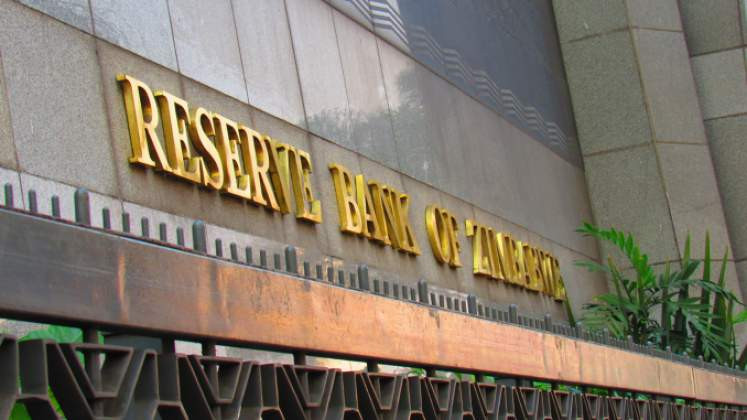
RIOZIM Limited, the quoted multi-resource outfit that is battling to forestall a fresh wave of headwinds, this week blamed a tough central bank forex surrender regime for its woes, as officials revealed shareholders were digging deeper into their pockets to save the operation.
Financial statements for the half year ended June 30 2022 exposed the depth of turmoil at RioZim, which slipped to ZW$5,4 billion (about US$9 million) inflation adjusted loss.
This figure was ZW$1,4 billion (about US$2 million) during the comparable period in 2021.
The firm operated on a ZW$13 billion (about US$21 million) working capital deficit during the period, as multiple units collapsed. Murowa Diamonds, which executes RioZim’s diamond mining vision, saw output crash by 52% to 115 000 carats – a steep slow down from 240 000 carats during the comparable period in 2021.
In filings with the Zimbabwe Stock Exchange, chairman Saleem Rashid Beebeejaun said had RioZim accessed sustainable forex from exports, its capacity to ride out the crisis would have been bolstered.
Under a surrender regime that has been roundly condemned by industries, exporters are compelled to surrender 40% of their earnings to the Reserve Bank of Zimbabwe, which pays them in the battered domestic unit.
Murowa itself briefly collapsed during the period, but was revived after RioZim spent a combined US$110 million on a new shaft and its biox plant at Cam & Motor Mine.
“The group has spent over US$110 million on the Biox plant and the 500 tonne per hour (tph) diamond processing plant, much of which was borrowed in US dollars and has to be repaid in the same currency,” Beebeejaun said in a commentary to the financial statements.
- Inaugural Zim investor indaba highlights
- Stop clinging to decaying state firms
- ZB explores options to tackle inflation
- Zim operations drive FMB Capital
Keep Reading
“With a mandatory liquidation of 40%, the amount of foreign exchange remaining with the group has consistently proved insufficient to sustain costs. Production is erratic owing to the lack of foreign currency to buy consumables or carry out repair and maintenance of production plants. The company has resorted to borrowing from the major shareholder again in foreign currency and contingent plans are being prepared for further borrowings in the short term as and when required,” he added.
“During the period the mine stopped mining operations and migrated to processing its vast low grade stock piled dumps. This initiative resulted in low carats production for the period as the current plant has a limited plant processing capacity of 190tph,” the RioZim boss added.
Current liabilities barrelled over current assets by ZW$13 billion during the period, as terrified authorities feared the firm might collapse.
Firms sitting on higher current liabilities than assets sweat over working capital – the liquidity that managers require to fund day-to-day operations. Negative working capital profiles represent the most elaborate signs that things might be spiralling out of control, and executives always work around the clock to avoid liquidity strife.
This week’s results confirmed fears of a drastic deterioration of operations at RioZim which saw a trade union file a plea with multiple regulators to tie RioZim under administration before troubles escalate.
The Zimbabwe Diamond Mineral and Allied Workers Union complained that for too long, RioZim workers had lived on a promise that their plight would be addressed, but it appeared the firm was sinking deeper into the abyss.
But it is exactly a decade after RioZim slipped into far more problems, highlighted by high gearing.
It was eventually rescued by the Reserve Bank of Zimbabwe, which established Zimbabwe Asset Management Corporation to mop up toxic debts across industries and save under-fire firms.







